South Africa tells off West for interference in Africa

Ranga Mataire, Group Political Editor
AFRICA will resist attempts by the West to destabilise the continent by sponsoring opposition groups against former liberation movements, South Africa’s Minister of International Relations and Co-operation Dr Naledi Pandor has said.
In candid remarks delivered at a joint Press conference with the United States’ Secretary of State Mr Antony Blinken in Pretoria, South Africa, on Tuesday, Dr Pandor said powerful Western nations are making moves to destabilise Africa in order to promote their mineral interests on the continent.

South Africa’s Minister of International Relations and Co-operation Dr Naledi Pandor
“One of the experiences we should draw lessons from is the reality that there has been a lot of external interference in Africa, and a lot of that external interference has fuelled conflict in many African countries; has fuelled instability, has supported opposition groups against liberation fighters. This is the reality,” said Dr Pandor.
“There is also a concern about countries that have mineral interests in African countries and are there as a destabilising force,” she added.
Dr Pandor stressed such interference had a hand in fanning insecurity and governance crises across Africa, hence the need for a broader approach to solving the problems.
“It’s a world phenomenon, which results from Africa’s rich mineral wealth that has made it a significant target of external players that don’t always have the interests of Africa at heart,” Dr Pandor said in remarks that were not given prominence by the South African media.
Her remarks resonate with Zimbabwe’s concerns about the West’s funding of opposition political parties to dislodge a former liberation movement — Zanu-PF — from power.
Harare has on numerous international platforms expressed displeasure towards some European countries keen on installing a pliable puppet regime in the country.
Western interests are increasingly organising opposition groups in the region to coalesce against governments. Among these efforts is an opposition grouping that meets under the Brenthurst Foundation, an organisation founded by the Oppenheimer family in 2004.
Led by its director, Greg Mills, Brenthurst has handpicked opposition figures in the region to spearhead its campaigns.
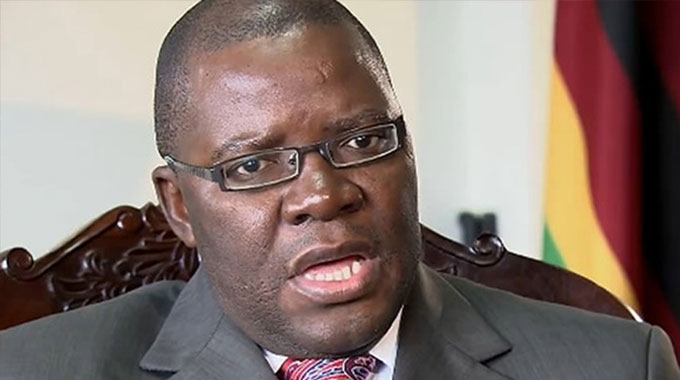
Mr Tendai Biti
Among its members are senior CCC member Tendai Biti, Bobby Wine of Uganda, Mmusi Maimane of South Africa and Zitto Kabwe of Tanzania. Mills, Biti, Kabwe and Wine recently co-authored an article in which they campaigned for African countries to end their neutral positions on the Russia-Ukraine war and instead support Ukraine and its Western allies.
Mr Blinken said his country’s insistence on democracy and good governance reflected what people in Africa want.
“They want openness, they want the ability of communities and countries to choose their own path,” Mr Blinken said.
Dr Pandor responded by saying that European countries needed to utilise home-grown solutions like the African Peer Review Mechanism instead of imposing their own models of democracy.
“But to come in and seek to teach a country that we know how democracy functions and ‘we come to tell you do this it will work for you’, I think it leads to defeat. So, we need to think in different ways,” she said.

Mr Blinken
The two ministers also differed sharply on the Russian-Ukraine conflict with Minister Pandor saying some European countries’ attitude was tantamount to ‘patronising bullying.’
Minister Pandor said principles of the UN Charter and the international humanitarian law must apply to all countries and not be used only on the Ukraine situation.
She said: “Just as much as the people of Ukraine deserve their territory and freedom, the people of Palestine (also) deserve their territory and freedom and we should be equally concerned at what is happening to the people of Palestine as what is happening to the people of Ukraine.”
South Africa, the minister said, had witnessed the absence of even-handedness in utilising precepts of international law and urged greater attention in ensuring that nations were treated equally.
Mr Blinken is on a three-nation tour of South Africa, the Democratic Republic of Congo and Rwanda.
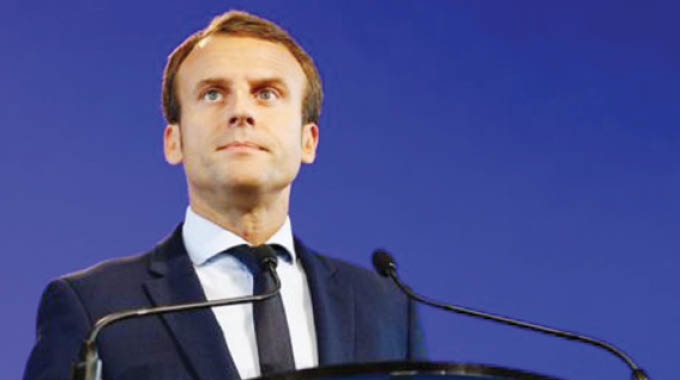
French President Emmanuel Macron
His visit is seen as part of a competition between Russia and Western powers for support from African countries over the war in Ukraine. Mr Blinken’s visit follows recent tours by Russian Foreign Minister Sergey Lavrov and French President Emmanuel Macron.
Ahead of Blinken’s visit, US Ambassador to the United Nations, Linda Thomas-Greenfield, caused controversy when she warned that African countries that continue to trade with Russia “stand the chance of having actions taken against them”.
South and Zimbabwe are some of the many African countries that have maintained a neutral stance on the war.

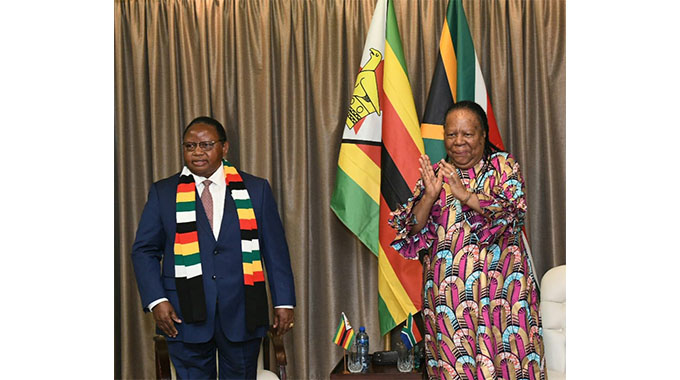

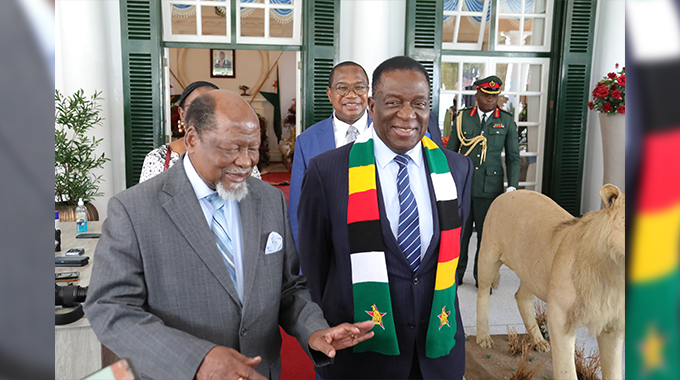
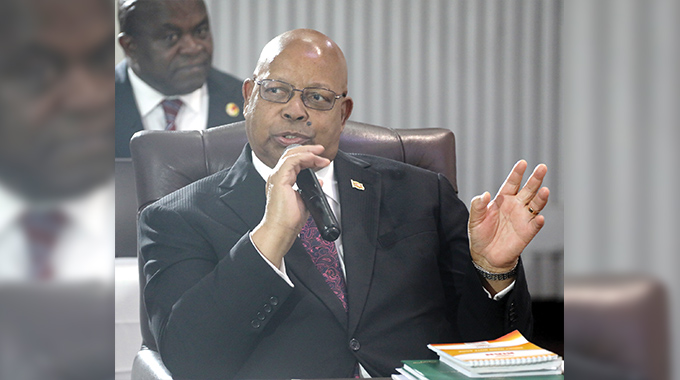
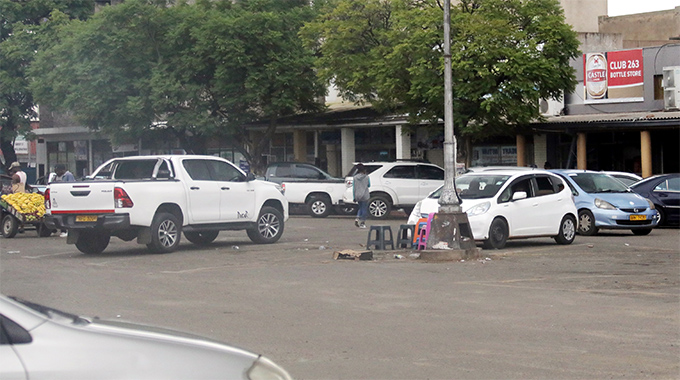




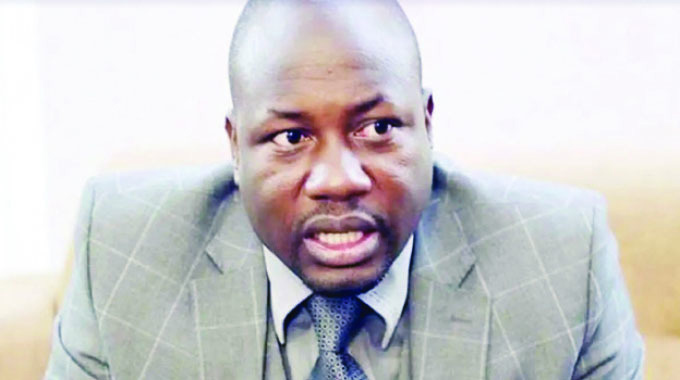

Comments